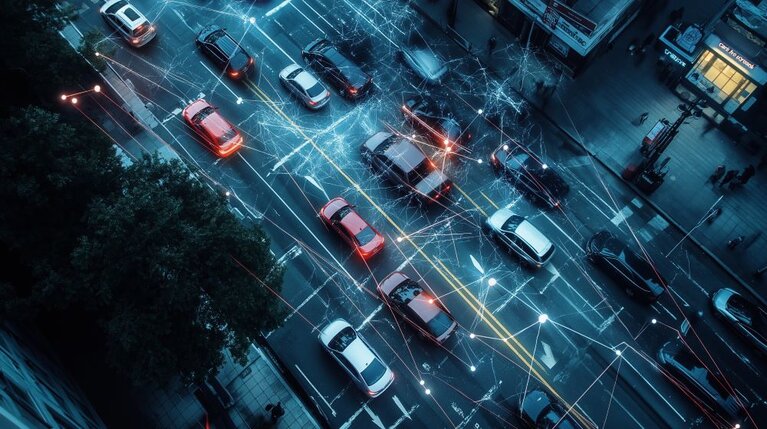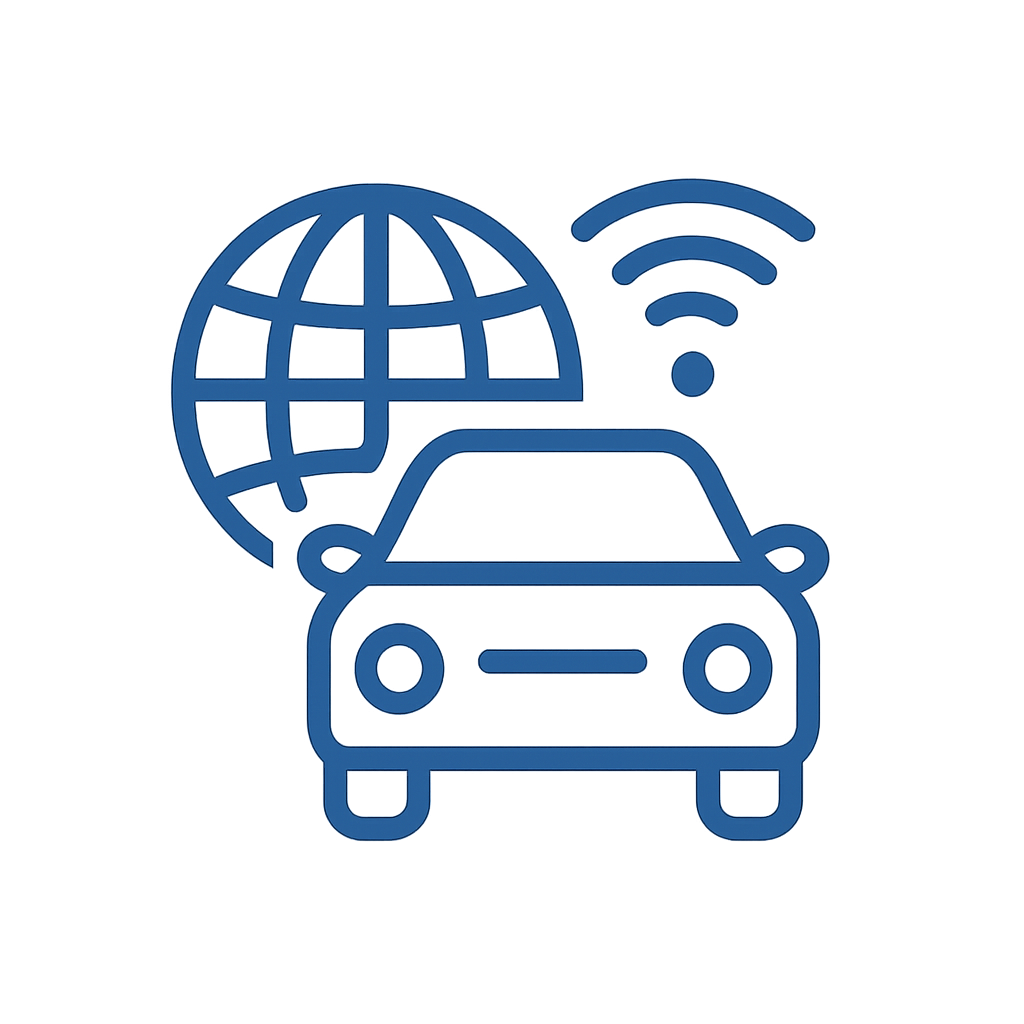EU Data Act - Sharing Vehicle Data Responsibly
Learn how we’re empowering drivers and partners through responsible data sharing.

Key Objectives of the Data Act
Coming into effect September 12 2025, the EU Data Act seeks to grow the data economy and protect consumer rights in a number of ways.
-

Access & Portability
To ensure users (like vehicle owners or fleet managers) can access the data their products generate - and share it with third parties of their choice.
-

Fair Business Use
To use large online platforms from unfairly restricting access to industrial data, especially when it impacts service providers or SMEs.
-

Support for Innovation
To encourage the development of new digital services - such as predictive maintenance, usage-based insurance, or energy-efficient fleet management, enabled by making data more widely available.
-

Protection of Trade Secrets and Privacy
To guarantee that data sharing respects business confidentiality and complies with data protection laws like GDPR.
Why it matters for connected cars
Modern vehicles are complex digital devices that generate massive volumes of data — from engine performance to navigation, fuel efficiency, and more. The Data Act ensures that:
-
You, as the user, have the right to access raw and preprocessed data generated by the use of your vehicle or related services.
-
At your request, third parties (like independent repairers or app developers) can use this data to offer better services.
-
Data is shared securely and transparently, with clear safeguards.
Available telematics data
Battery Charging StatusView the current charging status, including plug-in connection, charging or discharging state, remaining battery level, and estimated time to full charge.
|
|
Powertrain StatusView the current status of powertrain components, including the engine, electric motor, and battery system.
|
|
Location InfoView the vehicle’s location information, including latitude and longitude coordinates, altitude, direction, and speed.
|
|
Vehicle Operation StatusView personal vehicle operation status, including engine start status, cumulative mileage, and parking status.
|
|
Vehicle StatusView the current sensor-based vehicle status, including door and trunk open status, tire pressure, warning indicators, and climate control.
|
|
Freezer StatusView the freezer’s current operational status and internal temperature.
|
|
Powertrain DataView source data from the powertrain, including battery pack voltage, engine
|
|
Speed DataView source data related to vehicle speed.
|
|
Vehicle Operation DataView source data related to personal vehicle operation, including engine start status, cumulative mileage, and parking status.
|
|
Vehicle DataView sensor-based vehicle source data, including door open status, low fuel warning indicators, and tire pressure.
|
Data Access & APIs
For Developers & Third Parties:
Please register an account and create A project to request telematics data here. Technical documentation is also available there.
Private Users - For individual vehicle owners, drivers, and lessees:
As a private user, you can access your vehicle data by submitting a request to hcm.dataprotection@hyundai-europe.com.
We may share your data with third parties of your choice. These third parties request integration with our Vehicle Data APIs.
Once the integration between Hyundai Connected Mobility and a third party is complete, you will be able to approve or reject data-sharing requests via the third party’s app or web application.
You can revoke your approval at any time in the myHyundai or My Genesis app under: Preference Center > My Profile > Privacy Center > My Vehicles > Vehicle > Partner Services.
Please note: You must be a master user to approve or reject data-sharing requests from third parties.
Business Users – for fleet operators, leasing companies & mobility providers:
You can access data through the Vehicle Data API, an open interface for retrieving vehicle information.
It provides status details and basic data for Hyundai, Kia, and Genesis vehicles whose owners have consented to share their data.
Vehicle status information includes: charging status, powertrain status, vehicle location, driving status, sensor-based status, and climate control.
Vehicle basic data covers: powertrain information, speed-related data, driving-related data, and data derived from vehicle sensors.
The data available depends on vehicle type and model. You can find details in the API Compatibility section.
To use the Vehicle Data API, you must first apply for access. Detailed instructions are available here.
The API uses an OAuth 2.0–based token authentication method. You must obtain an access token using client credentials and include it in the Authorization header of all subsequent requests.
If you have any questions, please contact us via our Data Services Contact Form or by email at data-services.support@hyundai-europe.com.
Frequently Asked Questions
Who is the data holder of my data?
Hyundai Connected Mobility GmbH is a data holder for both Hyundai and Genesis vehicles.

What data can I access?
Please refer to the 'Available telematics data' section of this page.

How do I authorize a third party to obtain data?
Please refer to the 'Data Access and APIs' section of this page.

What happens if I withdraw my request to data sharing consent?
Your data will not be shared with the data recipient effective immediately following the withdrawal of your consent. If you wish to re-start data sharing, new consent should be given.

How is compliance with GDPR assured?
We comply with the applicable data protection laws, including General Data Protection Regulation (GDPR). Your data is secured and transmitted with appropriate security measures, to assure its confidentiality, availability and integrity.
If you have questions related to how we process your personal data, please refer to the Privacy Notices below, or contact us directly at hcm.dataprotection@hyundai-europe.com.
